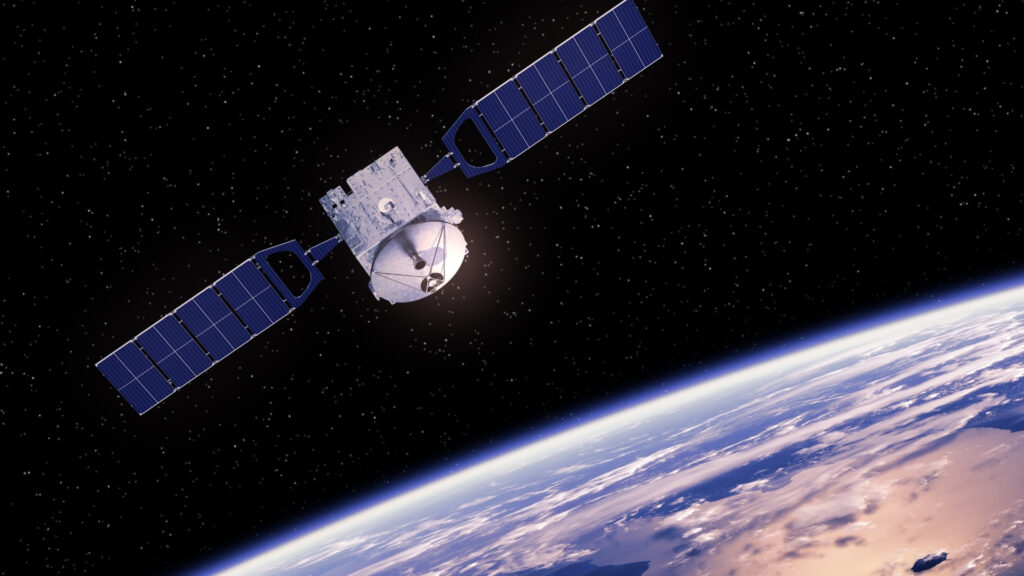

Chrystel Erotokritou
Space & Connectivity


Jacob Hafey
Artificial Intelligence


On September 8, 2022, the US Federal Communication Commission (FCC) issued a Draft Report and Order (IB Docket No. 18-313) requiring operators of satellites in Low Earth Orbit (LEO) to deorbit their space objects within a maximum period of 5 years following the completion of their missions. Previously, the FCC relied on a number of non-legally binding guidelines and rulemakings establishing a 25-year benchmark for LEO operators to de-orbit their spacecraft, including its 2004 rules on orbital debris amended as recently as April 24, 2020. Immediately after this most recent update, the FCC began seeking public comments on the adequacy of the 25-year benchmark.
The new rule would apply to satellites launched two years after the order is adopted and includes both US-licensed satellites as well as those licensed by other jurisdictions but seeking US market access. Additional conditions and adjustments could be made for satellites in large constellations.
By significantly harshening post-mission disposal rules, the FCC intends to provide effective solutions to promote space safety, address the growing risks of satellite collisions and mitigate the creation of additional space debris without creating regulatory obstacles that would put the viability of the commercial space industry at risk.
The FCC will take up the order at the September Open Commission Meeting scheduled for Thursday, September 29, 2022. It remains to be seen whether other regulatory authorities around the world will follow suit and adopt similar rules.
Access Partnership is closely monitoring the developments in space sustainability, as well as the regulatory environment surrounding all new space industries. For more information, contact Chrystel Erotokritou, Jacob Hafey or Ivan Suarez.



